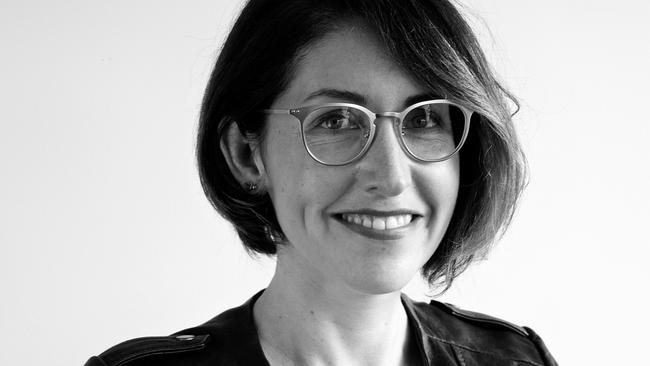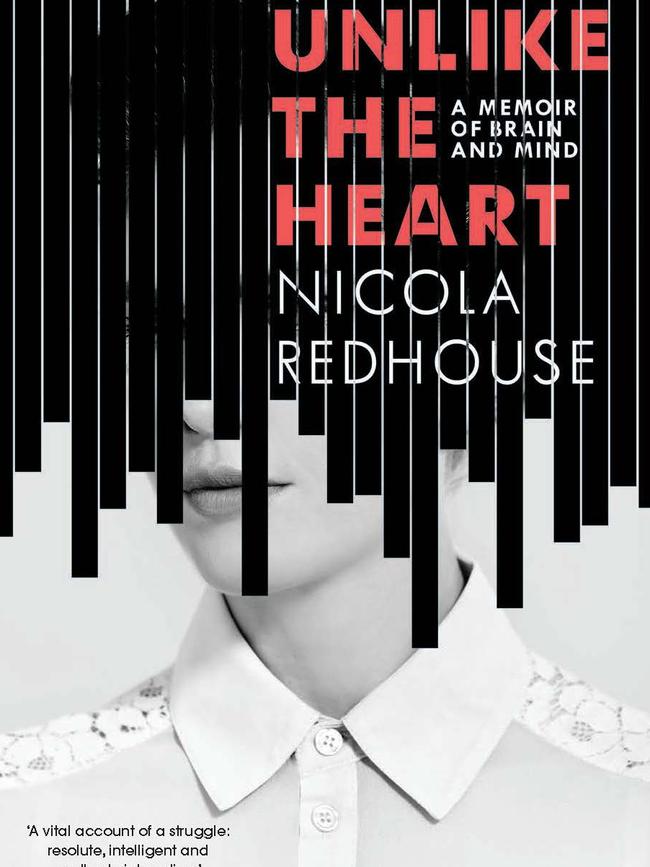The minds of mothers
When I came home from hospital with my firstborn, I would have given anything for a magic pill to stop the panic that engulfed me.

When I came home from hospital with my firstborn, I would have given anything for a magic pill to stop the cascading panic that engulfed me.
“Sleep when the baby sleeps,” people told me. But I couldn’t sleep. Or eat. My thoughts looped with irrational terror.
And I had a baby to care for, which amplified the terror and made the need for relief urgent.
My recovery was slow: a continuation of the psychoanalytic therapy I had been in for years already, and months later an antidepressant.
One in five expecting or new mothers in Australia experience this kind of struggle in the form of postnatal depression and go through a similar slow recovery, often impeded by poor access to public mental health facilities catering to mothers and babies, and a lack of mental health funding for psychological help.
This month, the US Food and Drug Administration approved brexanolone, a drug marketed as Zulresso, which seems a magic pill of sorts: a 60-hour in-clinic intravenous treatment.
Zulresso is essentially a steroid called allopregnanolone, which acts on the brain’s GABA receptors, inhibiting communication between brain cells. The clinical trials for its use as a postnatal depression treatment came about because of evidence that the concentration of allopregnanolone in our plasma increases during pregnancy and substantially decreases after childbirth, and in animal models those fluctuations have shown significant effects on anxiety and depression behaviours.

However, Sage Therapeutics is offering the treatment for up to $US34,000 ($47,474), plus the cost of the 2½ days the patient remains in a clinic under supervision for side-effects such as drowsiness, fainting and headaches. The drug is out of reach for most women.
Postnatal depression increases the risk of death and interrupts a mother’s capacity to bond with her baby. Antidepressants take up to four weeks to work, so a treatment that improves a new mother’s emotional dysregulation over two days is a magical thing. Given a significant number of US women need to return to work in a matter of weeks, with no statutory right to paid or unpaid maternity leave (only those at companies with more than 50 employees do, and that’s a right to only 12 weeks’ unpaid), you can see why this pill is particularly magic there.
But one problem with the clinical trials for Zulresso goes to the heart of what we need to consider for PND treatment: assessment of the 246 participants stopped after 30 days.
What does this say about how we view maternity? You don’t have to go far from the Zulresso trials into medical literature or social structures to see a similar reflection of maternity as a contained experience limited to a definite time frame: the DSM, the bible of psychiatry, classifies perinatal depression as occurring “during pregnancy or in the four weeks following delivery”. Postpartum support groups have been pushing for that definition to be extended.
The other main diagnostic tool, the ICD-10, addresses “mental and behavioural disorders” associated with becoming a mother according to the time frame associated with the maternal body’s return to normal: the puerperium, or six weeks post-birth.
Fortunately, most clinicians apply diagnostic criteria sensibly and contextually, but Zulresso’s quick-fix promise and limited study time frame reflects the way we seem to consider the mental experience of motherhood bound to only the reproductive body: as though the complex emotional experience and labour of motherhood ends once the body recovers.
Donald Trump is promising a legislated six weeks of paid parental leave. Six weeks. Just while our bodies return to normal. Six-weeks postpartum I was still unable to eat, unable to sleep. I was breastfeeding for another year; my body was going through hormonal and neuronal changes, none of which would resolve after six weeks.
None of those biological changes of motherhood, short or long-term, overrode the fact that my emotional geography was irrevocably changed, that I now had to navigate structures of a society that frequently resist facilitating the maternal experience. None of that would go away after a month or six weeks or even a year (in a year I tried to return to my old job only to find my employer could not provide the flexibility I needed for motherhood). The maternal experience does not end. It is a state of being.
I grew up knowing about psychotherapy and the systems surrounding it because my father is a clinical psychologist. I already had in place an affordable therapist to help with my anxiety as a mother. I also had a residential stay at a mother-baby unit, which I got into relatively quickly and could afford because I had private health cover. And when I went on to an antidepressant after consulting a psychiatrist, I went further in my recovery. All were essential.
In other circumstances I might have faced the following: only 10 funded sessions with a psychologist; long waiting periods for a place in a publicly funded mother-baby unit; no access at all to a mother-baby unit in NSW; a long journey to a mother-baby unit from regional Australia. If I had taken more than a year to know how to get help, I would have found myself no longer able to access a mother-baby unit, and having to be separated from my child in a general psychiatric ward, where the effects of my PND on my relationship with my child could not be addressed.
If Zulresso comes to Australia in the next few years, as FDA-approved drugs so often do once their evidence base is rock solid, I hope it comes in a way that makes it financially available to all women. And I hope the shining flash of quick-fix medications does not distract us from what would be truly efficacious for maternal mental health, especially as we approach a royal commission: long-term affordable psychological care that can engage deeply with a mother’s experience; sufficient public mother-baby units with immediate access; and social and economic policies that can shift the ways we expect motherhood to fit into modern life.
Maternity is not a finite bodily state but a lived experience that requires significant and responsive psychosocial resources.
Nicola Redhouse is the author of Unlike the Heart: A Memoir of Brain and Mind (University of Queensland Press, $29.95).



To join the conversation, please log in. Don't have an account? Register
Join the conversation, you are commenting as Logout